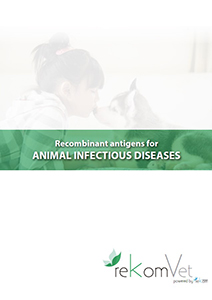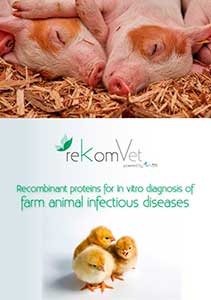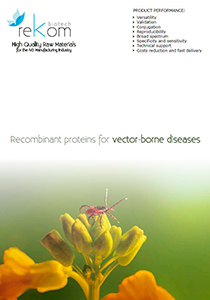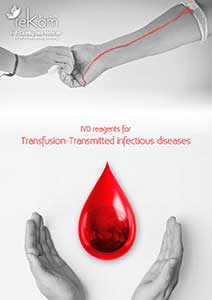West Nile virus infection (WNV)
West Nile virus infection (WNV) is a vector-borne disease caused by a flavivirus of the Flaviviridae family that affects humans, birds and horses. The transmission of the virus occurs through the bite of an infected mosquito. Rarely, the virus can be spread by laboratory exposure, blood transfusion, organ transplant, and from mother to child during pregnancy, childbirth, or breastfeeding. The main hosts are birds. The symptoms, in most cases, do not appear. Occasionally causes fever, headache, body and joint pain, vomiting, diarrhea, or rash. In more severe cases, it can affect the nervous system, causing encephalitis or meningitis, and leading to death. The treatment consists of antipyretics and analgesics, but only to reduce the symptoms. There are vaccines against the equine condition, but not yet for humans. As prevention it is recommended to avoid mosquito bites. The diagnosis of West Nile virus infection is made by detecting antibodies against the disease, neutralization tests, cultures or PCR.
WNV is a zoonoses present throughout the world except Antarctica, primarily in Africa, Australia, Europe, the Middle East, North America, and western Asia. WNV activity generally occurs during the summer months through fall. The severity of the disease can occur in people of any age, with those over 60 years of age and people with certain medical conditions (cancer, diabetes, hypertension...) being the most at risk. 80% of human cases are asymptomatic, 1% have severe symptoms, and of these, 10% end in death.
In horses, WNV infection is considered a notifiable disease, and is increasedly likely to cause serious illness that can be fatal. 70% of cases in horses are asymptomatic, between 1-10% have severe symptoms, and of these, between 20-60% end in death.
Human and animal infectious disease (mainly birds and mammals, common in horses)
At Rekom Biotech, we desing and manufacture IVD reagents for diagnosis of West Nile virus infection (WNV). If you do not find what you are looking for, you can request our custom-made recombinant proteins/antibodies service. Do not hesitate to contact us!
How to reconsitute lyophizated vials





